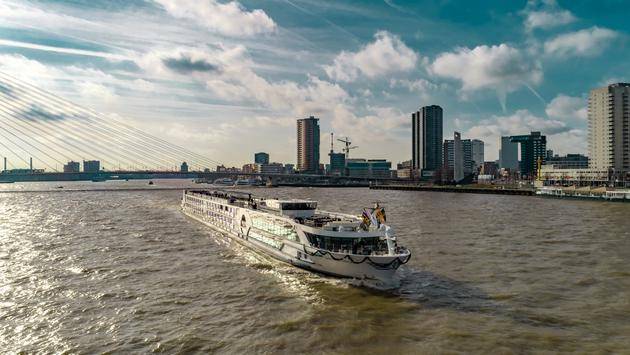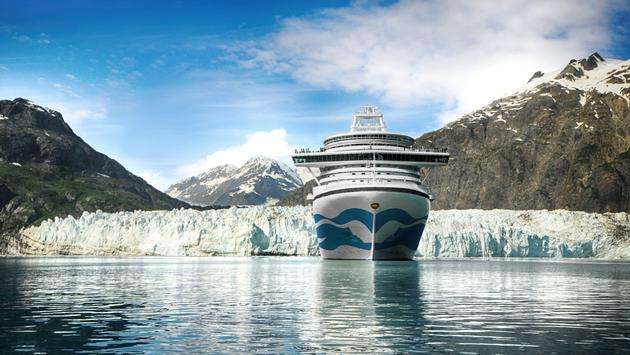December 09,2022
Travel Experts Outline Europe's Path to Recovery
by Bin Xu
A Europe panel outlined the considerable challenges wrought by the pandemic and what steps must be taken to usher in the destination’s road to recovery during the World Travel and Tourism Council’s Global Summit in Cancun.
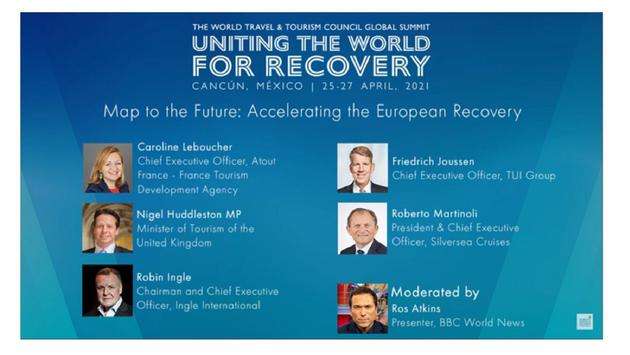
“This is the largest region for international spending in the world, with $600 billion spent in 2019 – that’s 37 percent of all international spending,” said the BBC’s Ros Atkins, who moderated the Map to the Future: Accelerating the European Recovery panel.
“The impact has been enormous. International visitor spending is down by a staggering 400 billion, and the travel and tourism contribution to the GDP fell by almost 50 percent.”
First and foremost, panelists agreed that clear communication among governments and public travel entities is an imperative first step to recovery.
“It’s been a test and learn situation, and we’ve had to learn our lessons very quickly regarding the need for communication,” said Caroline Leboucher, chief executive officer of Atout France, the country’s tourism destination office. “We've learned that we absolutely need to act as a group and be very proactive in terms of coordination.”
Nigel Huddleston, the U.K.’s minister of tourism, noted that “a positive relationship” and coordination “between government, public bodies and the private sectors and businesses” is extremely important.
He added, “We need to do everything we can to reassure customers domestically and internationally that all stakeholders – government and businesses – are taking their responsibilities seriously, and I think we’ve largely seen that.”
Roberto Martinoli, president and chief executive officer of Silversea Cruises, stressed the fact that the industry has been operating in “uncharted waters” during the pandemic.
“We all understand that this is a very challenging situation,” he said. “We need to be acting with a lot of agility because things are happening very quickly. I think that there needs to be a little bit more interaction among governments and operators with the aim to provide more consistency.”
Similarly, Friedrich Joussen, chief executive officer of TUI Group, said he believed it would be helpful if European countries took a standardized approach in dealing with issues relating to the pandemic. “Having the same rules would be helpful. Maybe it’s not only a communication problem but that we are working according to different rules.”
On a positive note, panelists said consumers are clearly ready to begin traveling again. “We’re now getting back to the point where people are looking at what they want to do, where they want to go and how they want to spend money and their time,” said Robin Ingle, chairman and chief executive officer of Ingle International, a travel insurance company.
“What we are seeing right now is the savings rate for households is actually up 11 to 17 percent,” Joussen said. “People have not spent money, and there’s an enormous pent-up demand.”
Travel brands that have offered flexible refund, cancellation, trip protection and health and safety policies “have gained a huge amount of traction,” Martinoli said.
In the final analysis, panelists expressed confidence in the travel industry’s recovery from the pandemic.
“Like the other panelists, I am very very optimistic about the long-term future of the global tourism and travel sector,” Huddleston said. “I have absolute confidence of a very strong ... recovery over the next few months and years because the sector is so agile and so resilient, and long-term trends are very positive. But we all have to work together.”
Leave a Reply
Please sing in to post your comment or singup if you dont have account.
Favorite articles
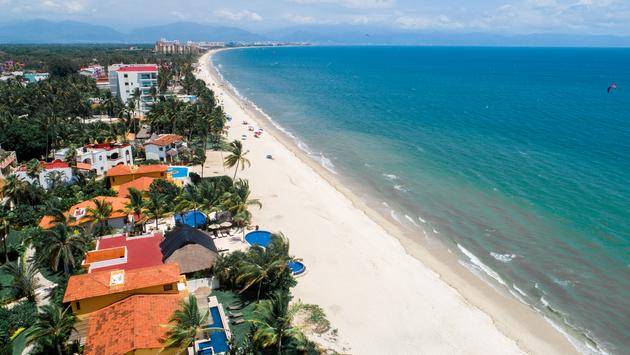
Riviera Nayarit Consolidates Air Connectivity With New Routes
January 03,2022

Looking for a Black Friday Deal? Try Summer 2021 Travel
December 30,2021
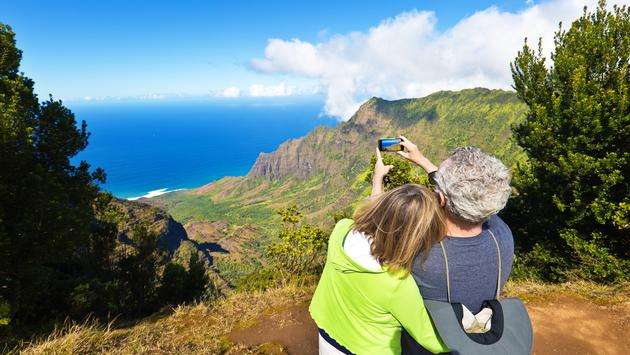
Kauai Drops Out of Hawaii’s Pre-Travel Testing Program
December 28,2021
Most popular articles
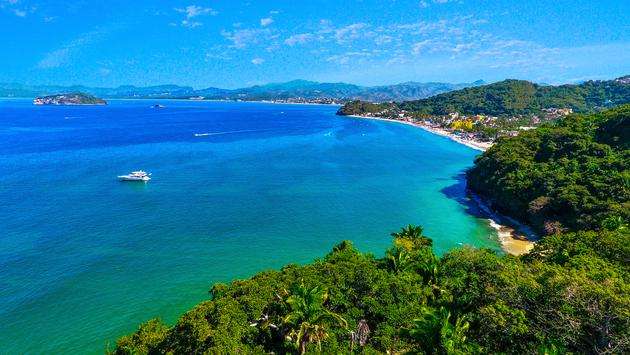
Riviera Nayarit Proves Resilience With New Hotel Openings
January 04,2022
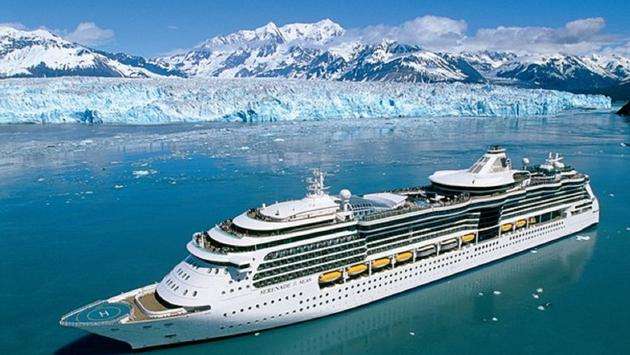
Large Cruise Ships Return to Alaska
December 29,2021

How to Score Free Disney World Theme Park Tickets in 2021
December 26,2021

Hotel Xcaret Arte To Make Its Debut in July 2021
December 25,2021


Families Can Virtually Visit Santa With Finnair
December 20,2021
Popular articles

Public Donates More Than $100K To Harassed Hotel Worker
January 02,2022
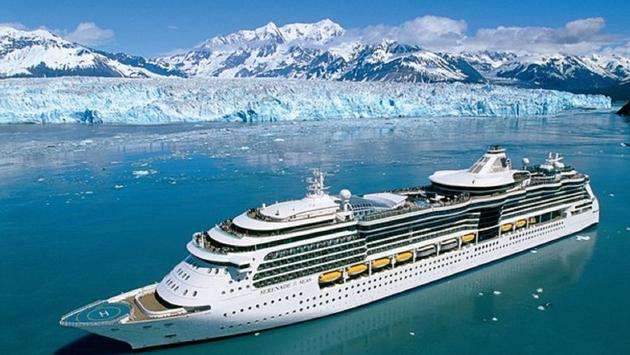
President Biden Signs Law To Restart Cruising in Alaska
January 01,2022

New Proposal Would Create 24-Hour Nightlife Zones in New York City
December 31,2021
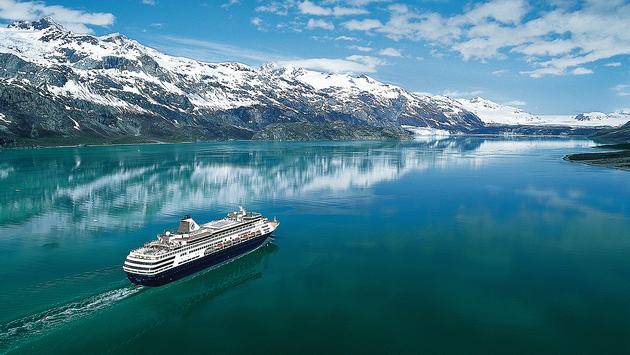
Holland America Line Launches 'BIG' Wave Season Offer
December 23,2021
Categories
Favorite articles
Riviera Nayarit Consolidates Air Connectivity With New Routes
January 03,2022
Looking for a Black Friday Deal? Try Summer 2021 Travel
December 30,2021
Kauai Drops Out of Hawaii’s Pre-Travel Testing Program
December 28,2021
Most popular articles
Riviera Nayarit Proves Resilience With New Hotel Openings
January 04,2022
Large Cruise Ships Return to Alaska
December 29,2021
How to Score Free Disney World Theme Park Tickets in 2021
December 26,2021
Hotel Xcaret Arte To Make Its Debut in July 2021
December 25,2021
Families Can Virtually Visit Santa With Finnair
December 20,2021
Popular articles
Public Donates More Than $100K To Harassed Hotel Worker
January 02,2022
President Biden Signs Law To Restart Cruising in Alaska
January 01,2022
New Proposal Would Create 24-Hour Nightlife Zones in New York City
December 31,2021
Holland America Line Launches 'BIG' Wave Season Offer
December 23,2021

